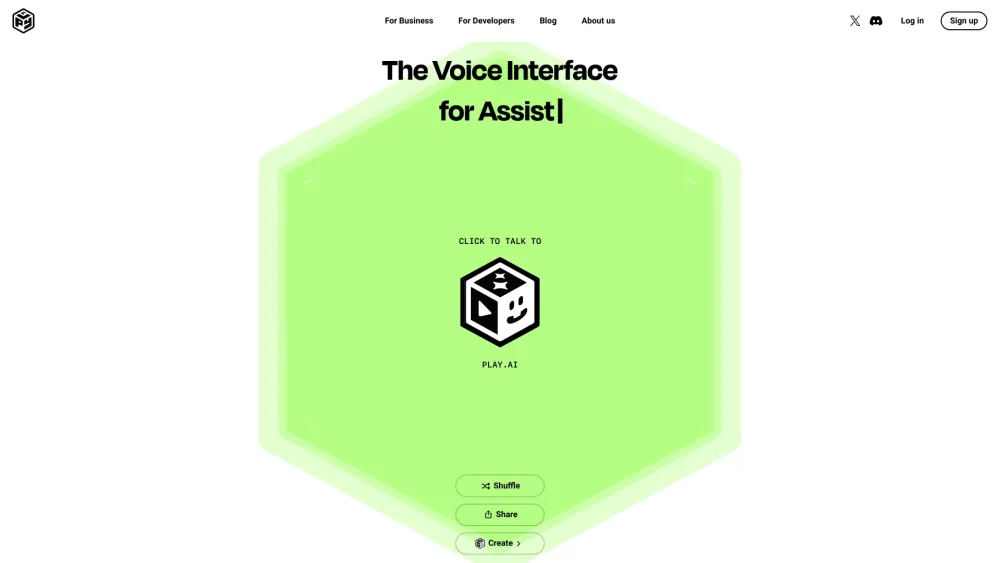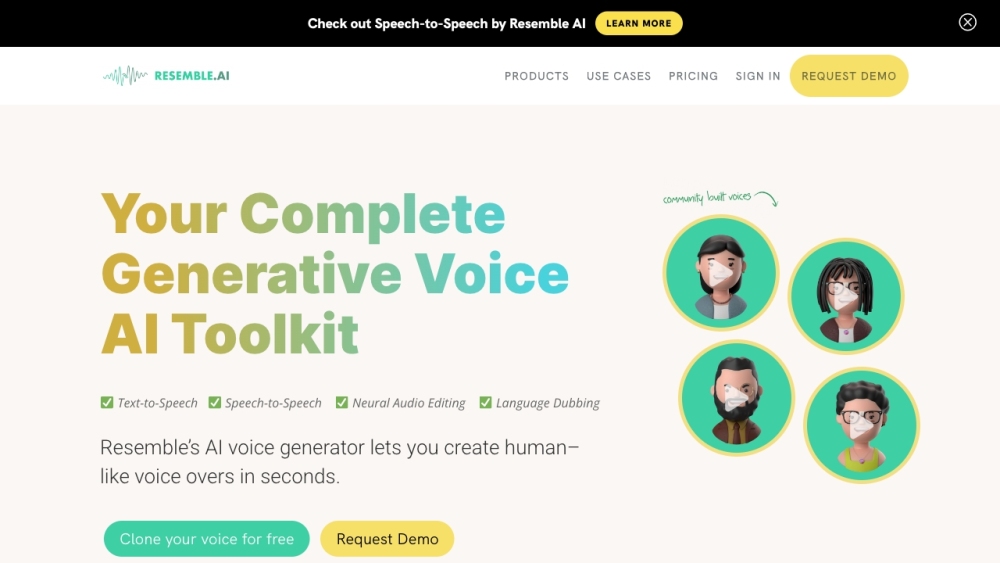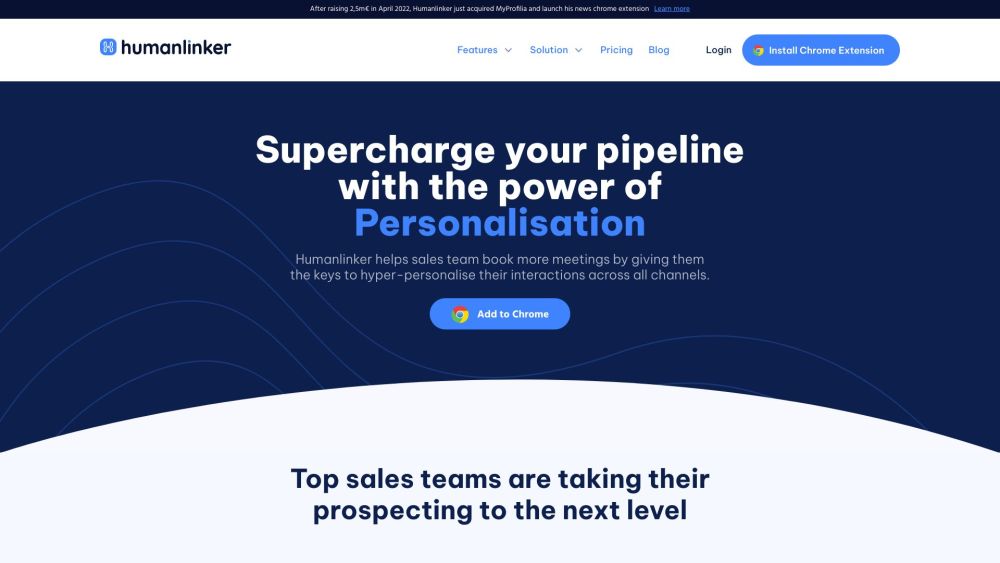The Rise of Artificial Intelligence: Europe and Israel's Generative AI Landscape in 2024
Whether you embrace it or resist it, artificial intelligence—especially generative AI—dominates the tech conversation in 2024. OpenAI has undoubtedly captured widespread attention and investment with its groundbreaking services like ChatGPT and substantial funding. However, a recent report from leading venture capital firm Accel and analysts at Dealroom highlights an emerging wave of promising startups in Europe and Israel striving to carve out their own niche.
Traditionally, Europe and Israel account for about 45% of annual venture capital funding. Yet, when it comes to artificial intelligence, that share drops significantly, particularly for generative AI. This disparity may signal a market lag for these regions, but it also suggests exciting innovations on the horizon as they catch up.
Investors are actively searching for the next significant development, often at valuations that could be more favorable than those in the U.S. Accel partner Harry Nelis points out that the report emerged from his firm’s quest to evaluate all the generative AI startups in the region. Here’s what they discovered:
London Leads in Generative AI Startups
According to the analysis of 221 startups by Dealroom and Accel, approximately 27% (about one-third) were launched in London. Tel Aviv followed at 13%, with Berlin at 12%, and Amsterdam at 5%. Interestingly, despite Paris being widely recognized as a burgeoning hub for AI innovation, it landed in the middle of the rankings with a 10% share.
Parisian Startups Show Impressive Financial Gains
French startups identifying as generative AI innovators have attracted the most significant investments in Europe, totaling $2.29 billion—more than anywhere else on the continent and outpacing Israel. Noteworthy funding rounds include Mistral AI raising $640 million earlier this month, stacking on over $500 million from previous rounds, and “H” securing an astounding $220 million seed round recently. Additionally, Poolside, which relocated its headquarters from the U.S. to Paris last August, is reportedly in the process of raising a substantial amount as well.
Paris is also home to other high-profile AI ventures, including Hugging Face, which raised $235 million in August 2023, and Kyutai, a research-focused entity armed with hundreds of millions of euros to advance open-source AI initiatives.
Why Do Some Regions Prosper More Than Others?
France’s $2.29 billion in funding is nearly equivalent to the total raised by the next three countries combined: the U.K. with $1.15 billion (home to notable players like Stability AI, Synthesia, and PolyAI); Israel, with $1.04 billion thanks to startups like AI21 and Run:ai, recently acquired by Nvidia; and Germany, garnering $636 million, primarily from Aleph Alpha’s $500 million funding in the previous year.
In the remaining countries, fundraising efforts have yielded less than $160 million each, with certain regions seeing investment figures barely reaching the low seven-digit range.
Nelis attributes these disparities to the concentration of top-tier educational institutions that generate sizable technical talent, coupled with major tech firms leveraging this expertise. He emphasized, “The strength of long-term investments in education cultivates numerous founders in Paris, just as London benefits from prestigious schools like Cambridge, Oxford, and UCL.”
Yet, the transition from university to entrepreneurship isn't instantaneous; many aspiring founders have worked for Big Tech companies, which establish local offices to enhance their recruitment efforts. “Universities play a vital role in attracting hyperscalers,” Nelis noted, citing Facebook/Meta and Google, both of which have developed robust AI research operations in Paris and London.
The Role of Big Tech in AI Startup Development
While startups are often seen as the epicenter of AI innovation, the influence of Big Tech cannot be overstated. Among the evaluated generative AI startups, about 25% of their founders hail from major companies like Meta, Alphabet (DeepMind or Google), Apple, Microsoft, or Amazon, collectively referred to as MAAMA. This trend becomes even more pronounced among the top startups, where a remarkable 60% of founders have roots in one of those tech giants.
Google, in particular, has emerged as a significant source of AI talent, surpassing even prestigious universities when it comes to founder representation.
Though this environment may seem exclusive to the well-connected, it’s expected that as the AI field continues to evolve, opportunities will expand for diverse innovators and ideas.







